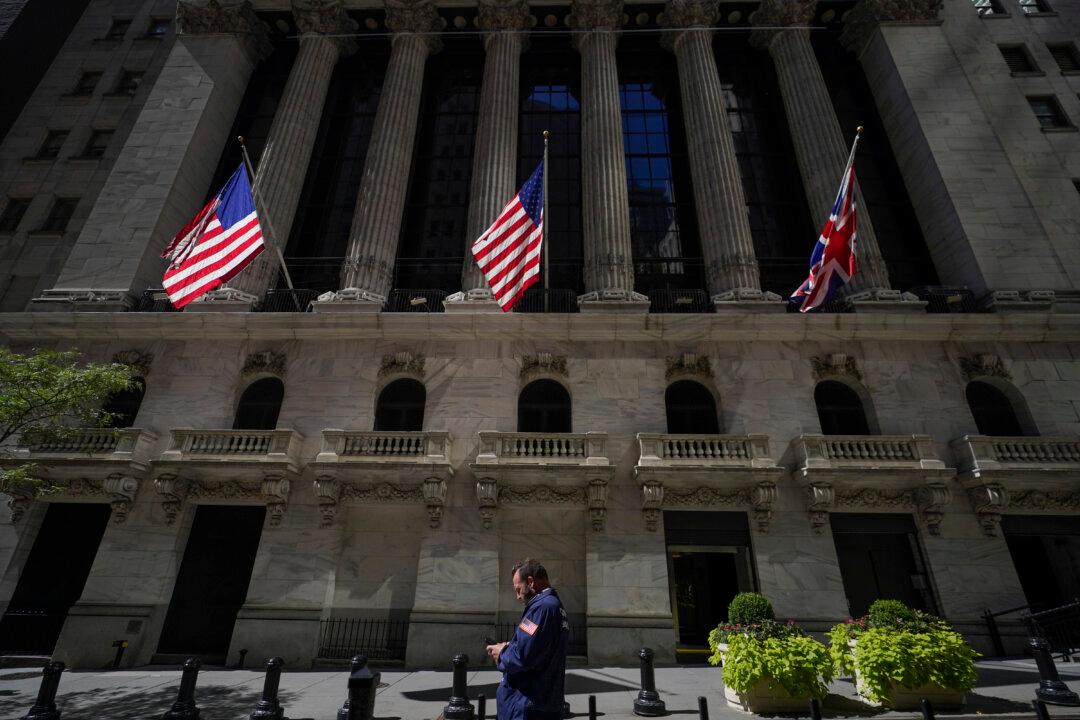Stocks closed lower Tuesday, adding to the market’s recent losses as Wall Street counts down its final days of a painful year for investors.
The S&P 500 fell 0.4 percent, while the Nasdaq composite finished 1.4 percent lower. Both indexes were coming off their third straight weekly loss. The Dow Jones Industrial Average eked out a 0.1 percent gain.





